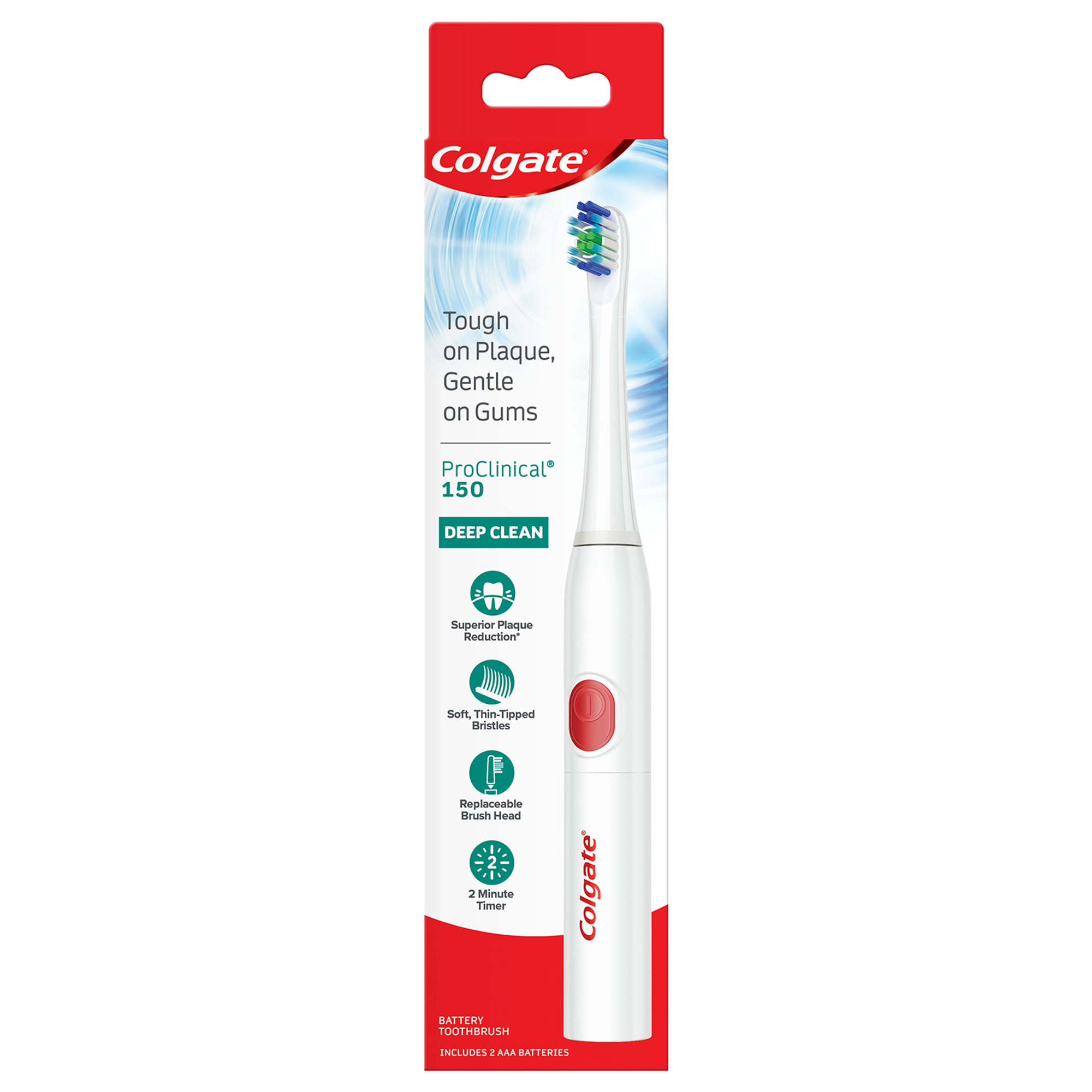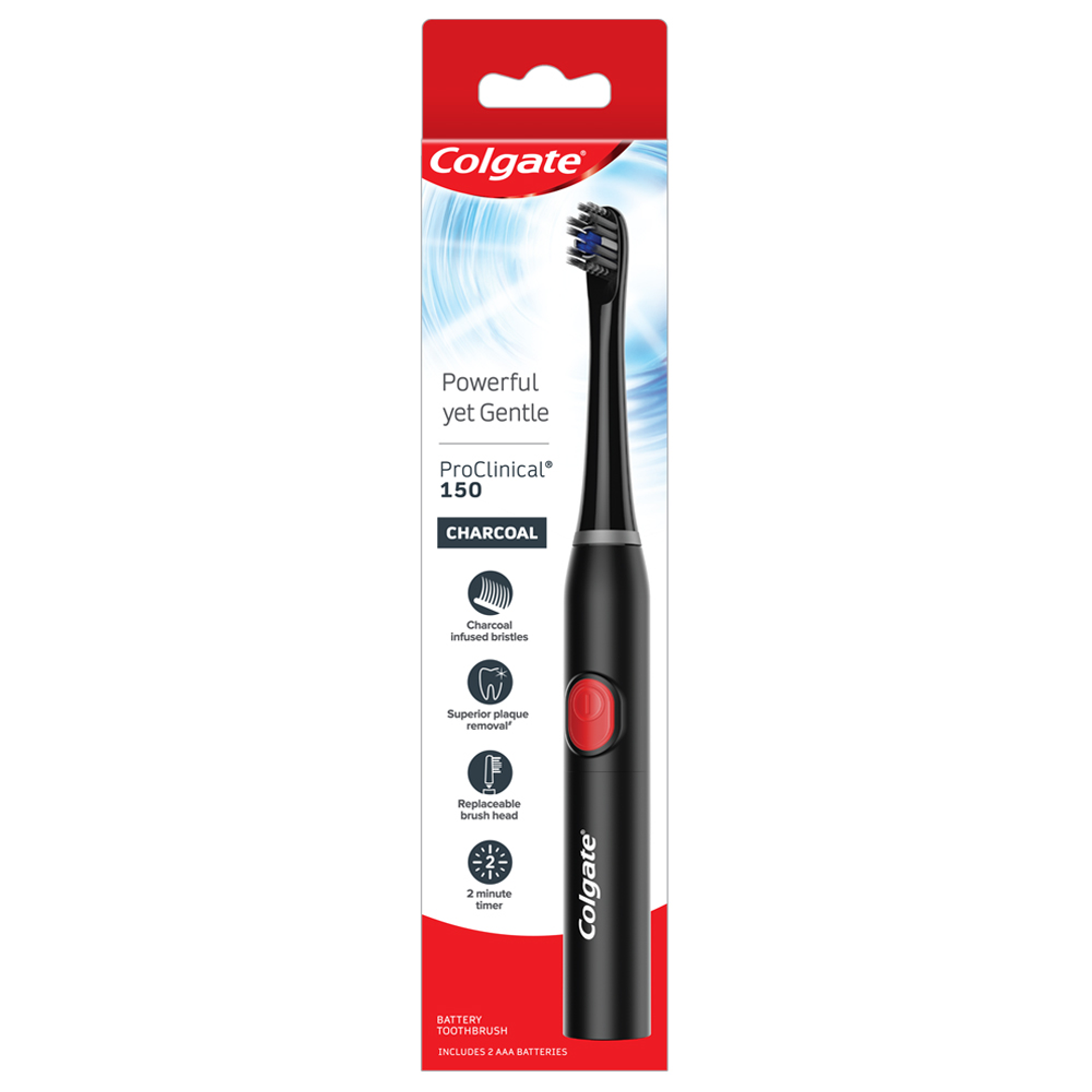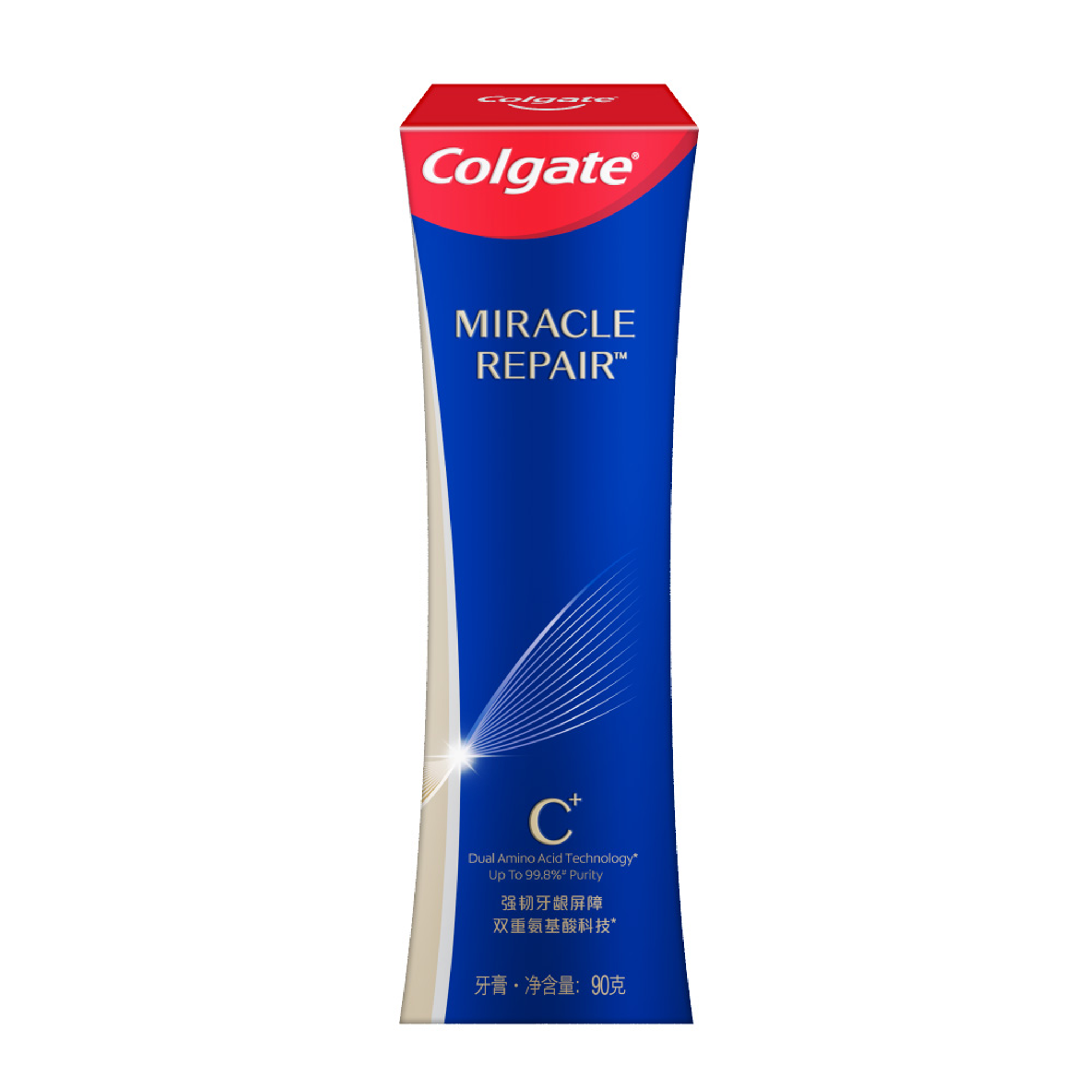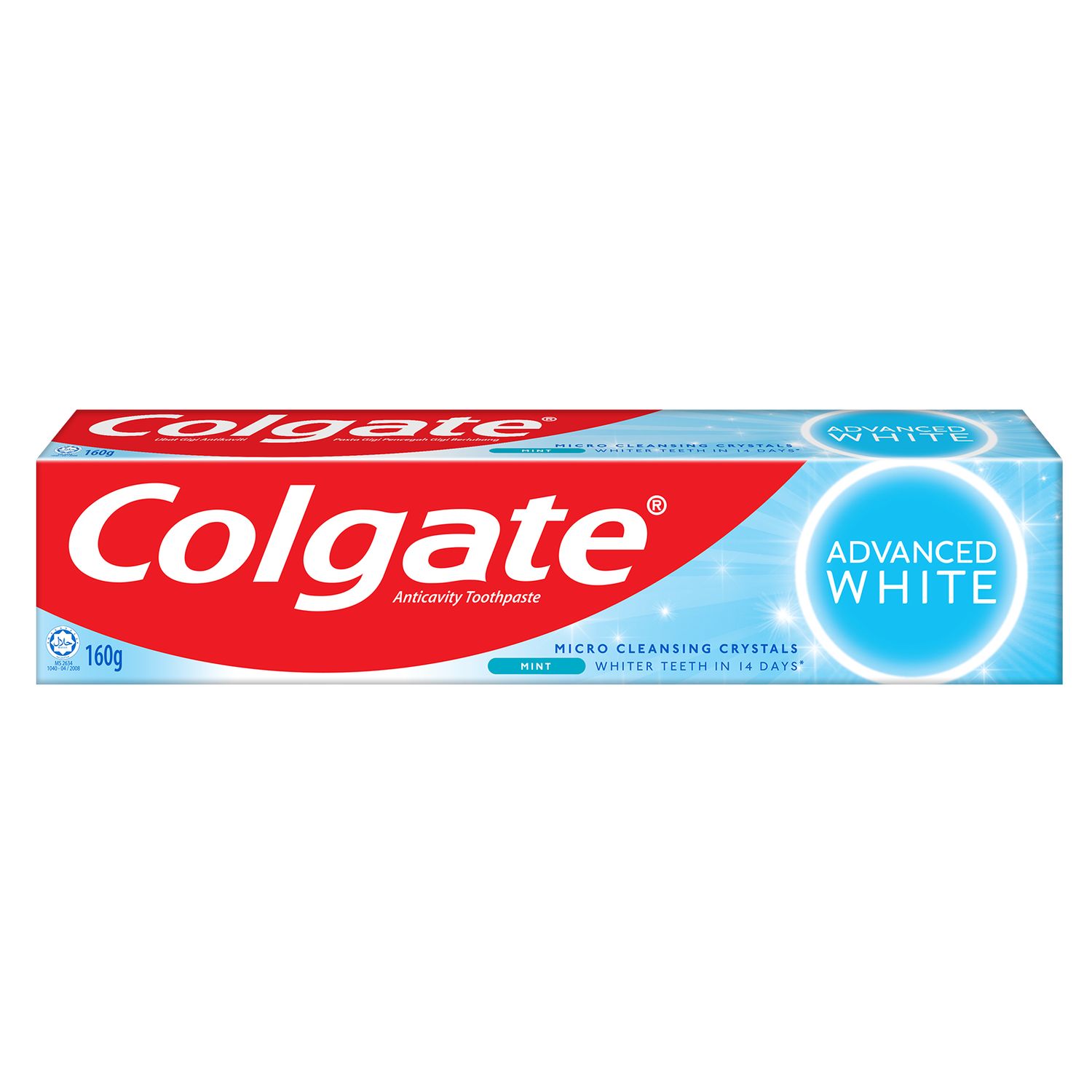Read on to learn more about dentures, their functionality, and the various types, each designed to cater to distinct oral needs. It is worth understanding their durability and other tooth replacement options that you can consider.
What Are Dentures?
Though we all like to smile with a complete set of adult teeth, at some point, we may lose one or more of them for various reasons, such as accidents or problems from poor oral hygiene. Dentures, or false teeth, are one of the options offered by prosthodontics, a branch of dentistry dedicated to designing replacements for missing teeth. When teeth are missing, facial muscles can sag and lose support. Dentures help by supporting these muscles and maintaining the natural contours of your face. A 2016 National Dental Centre Singapore (NDCS) survey noted that 31% of adults in Singapore aged 60 and above had lost all of their teeth.
While adjusting to dentures may take some time, and they cannot equal one’s natural teeth, modern-day denture teeth are more lifelike and comfortable. They are usually made of acrylic resin, nylon, porcelain, or chrome cobalt. Experts note that dentures are a less invasive option and, as they are removable, particularly helpful for elderly adults who have lost their manual dexterity at teeth cleaning.
How do Dentures Work?
Dentures consist of prosthetic (artificial) replacement teeth fixed on a gum-coloured base that snugly fits your gums. They are a substitute for missing teeth and can be easily removed and put back into your mouth. They function like natural teeth, helping you chew and bite. Dentures are custom-designed in a dental clinic. Your dentist helps you choose the denture type depending on whether some or all of your teeth need to be replaced and the material that suits your unique dental needs and budget preferences.
The whole process may require multiple dental visits until your gums adjust to the dentures. Its making involves the following steps:
Initially, the dentist takes an impression of both your jaws, including the gums and any existing teeth. Dental X-rays may be used to examine the thickness of your gums.
Using the impression of your mouth, a lab technician prepares a dental model (a replica of your mouth) to tailor-make the dentures for you.
Based on the model, the dentures are custom-made by designing the base, placing the artificial teeth on it, and ensuring both jaws fit correctly.
The technician polishes the denture to give it a natural teeth-like shine and hands it to the dentist for fitting in your mouth.
The dentist will place it in your mouth, check for any areas with excess pressure on your gums, and make the final adjustments to the denture to meet the desired fit.
Types of Dentures
There are different types of dentures, including full or partial ones, to choose from. Removable dentures are a good choice to consider when it comes to replacing missing teeth. Some people may have only a few teeth missing, whereas others may have an arch of gums empty. Based on one’s oral needs, a dentist chooses a denture type that can perfect the smile.
Full Dentures
Also called complete dentures, full dentures replace all the missing teeth in your mouth. Conventional full dentures are placed into the mouth after all the remaining teeth have been extracted and the gums and underlying bone are allowed to heal. It may take about eight to twelve weeks after the teeth extraction to place the dentures.
Partial Dentures
Partial dentures are a removable substitute for missing teeth, ideal if some or most of them on either or both jaws are missing. They depend on your gums and underlying bone for support and often have metal clasps that hook around one or more natural teeth for better stability. In some cases, crowns may be placed on these natural teeth to anchor the denture.
Immediate Dentures
Sometimes, the remaining teeth need to be extracted before full dentures can be worn. Immediate dentures are placed right after the extraction to avoid being toothless until the gums and bones heal. In a few months, your dentist relines them to fit any possible changes in the healed gums and bones. In some cases, these dentures can be temporary and later replaced by final dentures after healing.
Implant-retained Dentures
Also called snap-in dentures, they attach to dental implants on the jaw rather than relying on the jawbone and gums for support. An implant is a tiny, threaded post that replaces a lost tooth root. Implant-retained dentures are removable and can be cleaned and soaked at night. They offer better stability over traditional ones as they snap onto implants, avoiding the need for denture adhesive to hold them in the mouth.
Implant-supported Dentures
Also known as hybrid or permanent dentures, they attach permanently to the dental implants on the jawbone and are non-removable. Though they cannot be removed by oneself at home, a dentist can remove them for maintenance. Unlike a conventional set of dentures, they offer better stability and do not wobble or slip while chewing or speaking. They require a thorough daily cleaning, including brushing and flossing underneath the denture.
How Long Do Dentures Last?
The durability of the denture may depend on the material used. While porcelain closely resembles natural teeth and is durable, it is more brittle and can wear down natural teeth while biting against them. Acrylic resin dentures are lightweight, cheaper, and easier to fit and adjust in the base. They wear away faster and need to be replaced by new dentures every five to eight years.
As it wears out, the denture needs to be relined, remade, or rebased (making a new base while retaining the existing denture teeth). Age-induced natural changes in the mouth can cause dentures to loosen, making chewing difficult and irritating gums. Hence, it is ideal to have dental check-ups at least once every year. Besides, proper dental care using the following tips can contribute to their durability:
Caution is necessary not to drop the dentures accidentally, as they are delicate and likely to break. Holding a folded towel or a basin of water below is ideal while handling the dentures.
Do not let the dentures dry out. Ideally, when not wearing them, place them in a denture cleaner solution or plain water. Never use hot water, as it can cause them to warp.
Daily brushing of dentures with a denture brush removes food particles and plaque and prevents staining. An ultrasonic cleaner can come in handy. However, it cannot replace a thorough daily brushing.
Brush the gums, tongue, and palate every morning with a soft-bristled toothbrush and fluoride toothpaste before inserting the dentures. This stimulates circulation in the gum tissues and helps remove plaque.
If the denture breaks, chips, cracks, or becomes loose, it is ideal to consult a dentist. Though you may be tempted, refrain from adjusting it on your own to avoid any potential damage beyond repair.
What Are Some Alternatives to Dentures?
Dentures cost less than various other tooth replacement options in Singapore. Some may like to get non-removable substitutes for their missing teeth. Besides dentures, there are other options to fill in to perfect your smile. They include dental implants and dental bridges.
Dental Implants
Dental implants are non-removable, artificial tooth roots used to replace one or more missing teeth. They are usually made of titanium alloy and may also support dentures for people without teeth. Cylindrical or screw-shaped implants are carefully drilled into the jaw at the location of the missing tooth. The dentist may suggest you eat a diet of soft foods as you heal.
A crown (a replacement tooth that resembles natural teeth) is then placed on top. The advantages of dental implants vs dentures lie in their durability and ability to provide firm and strong support for the replacement teeth and better comfort. Unlike dentures, they involve minor surgery, require adequate bone structure in the mouth to be stable, and are comparatively pricier.
Dental Bridges
Dental bridges are ideal if you have several healthy teeth and just one to three teeth missing in a row. They use the support of the neighbouring healthy natural teeth to bridge the gap. Crowns are bonded to the natural teeth on either side, and the artificial teeth are then placed to fill in the gap. A fixed bridge, also called a fixed partial denture, can be removed only by a dentist.
It may be made of ceramic or a combination of ceramics and metal alloys for maximum strength and natural appearance. In some cases, a removable bridge may be used. It mostly has an acrylic base with metal clasps or a cast metal frame that attaches to the teeth on either side of the gap. A removable bridge can be taken out and put back in by yourself.
Dentures are a cost-effective and versatile solution for replacing missing teeth. They are available in different types to suit individual oral needs and can significantly improve your smile, speech, and chewing ability. However, dental implants or bridges may be a better choice if you are looking for a more permanent and stable option. Consulting with a dentist will help you determine the most suitable tooth replacement option for your specific oral condition.
Frequently Asked Questions
1. Is it okay to sleep with dentures in?
Most people prefer sleeping without their denture teeth as it gives them comfort and rests the tissues in the mouth. Taking the dentures out overnight is considered ideal to prevent sores, inflammation, and bacterial infections.
2. What happens to your teeth when you get dentures?
Getting dentures is an ideal workaround for missing teeth. In partial dentures, your natural teeth are retained to support and hold the denture teeth in place. If you are receiving full dentures, the remaining natural teeth may have to be extracted, and then your gums and jawbones are left to heal before the dentures are placed.
3. What is the difference between dentures and artificial teeth?
The terms artificial teeth and dentures are often used interchangeably. However, dentures refer to a complete or partial set of artificial teeth (on either or both jaws) that can be removed for cleaning and soaking. Artificial teeth is a broader term for any replacement tooth, including individual crowns, bridges, or dentures.
4. Is it better to get dentures or implants?
Choosing between dental implants vs dentures may depend on various factors. Dentures are cheaper and easier to care for. However, they may slip and affect taste. Implants are more natural-looking and last longer. However, they require minor surgery and are pricier. Consulting a dentist is ideal to find out what works best for you.













